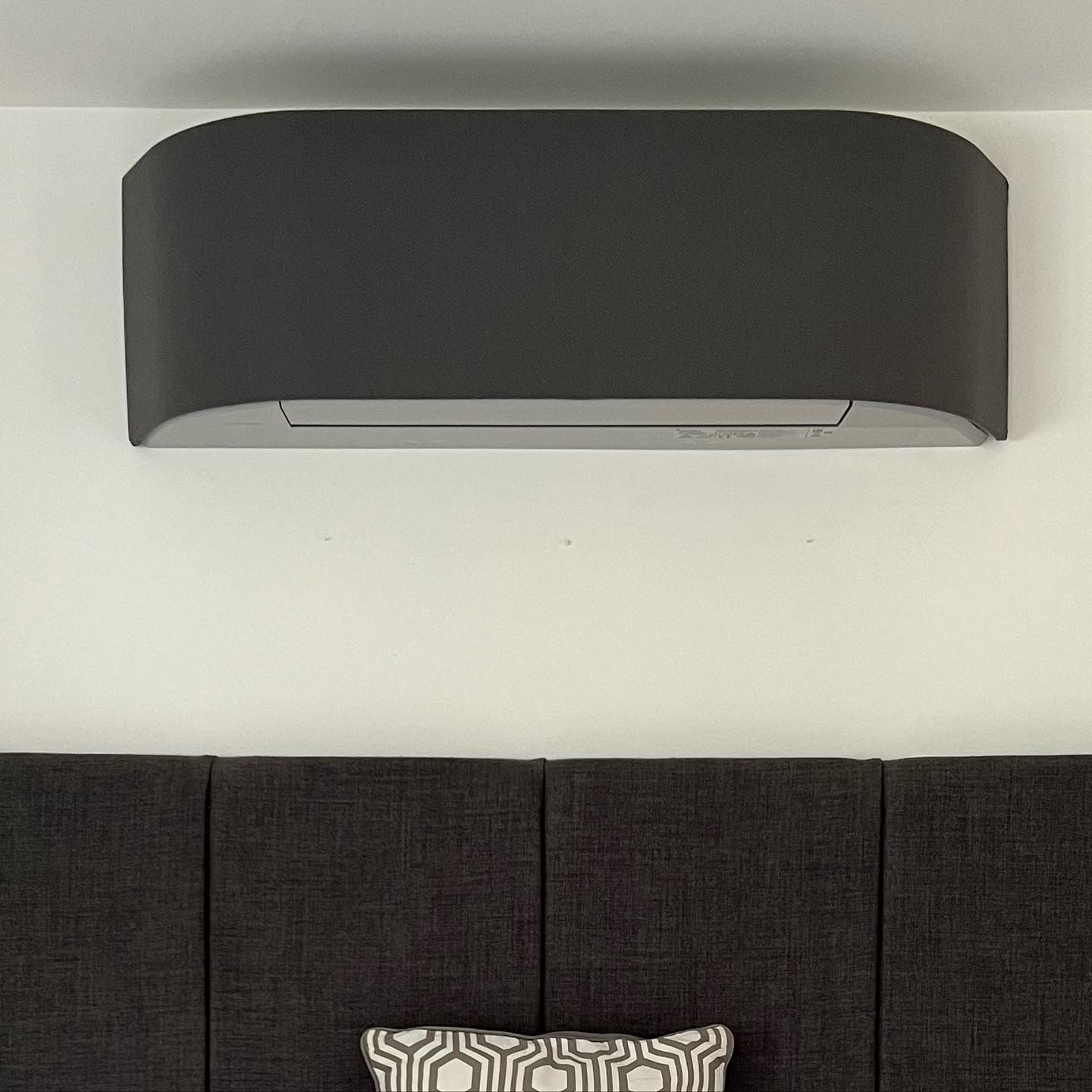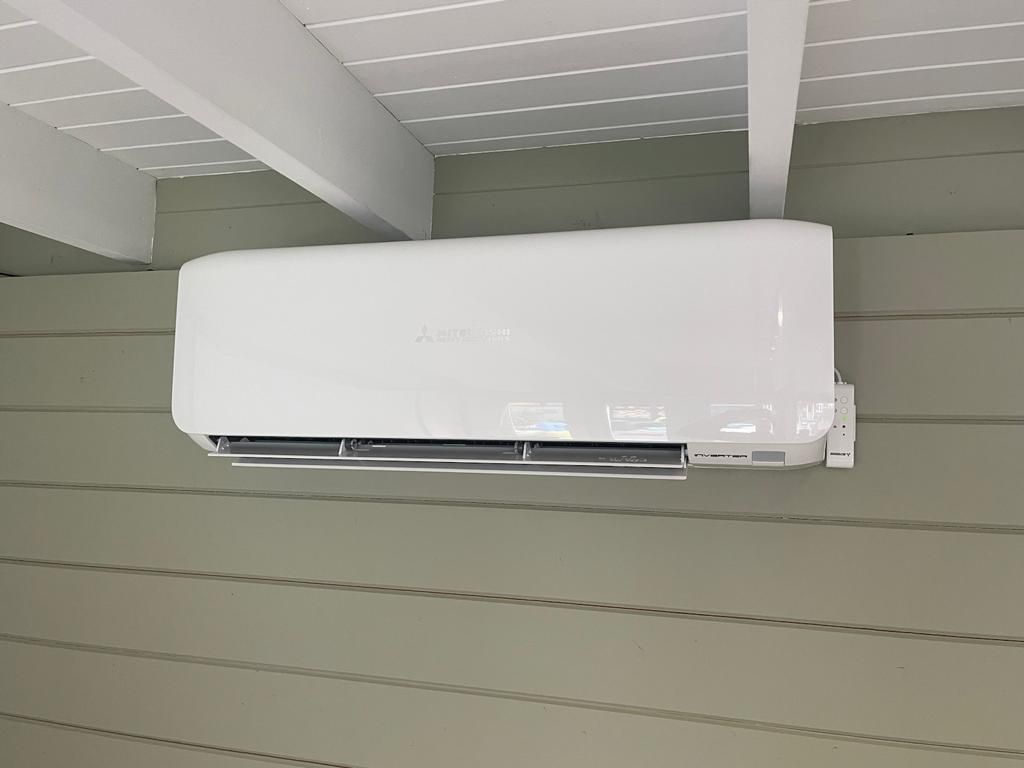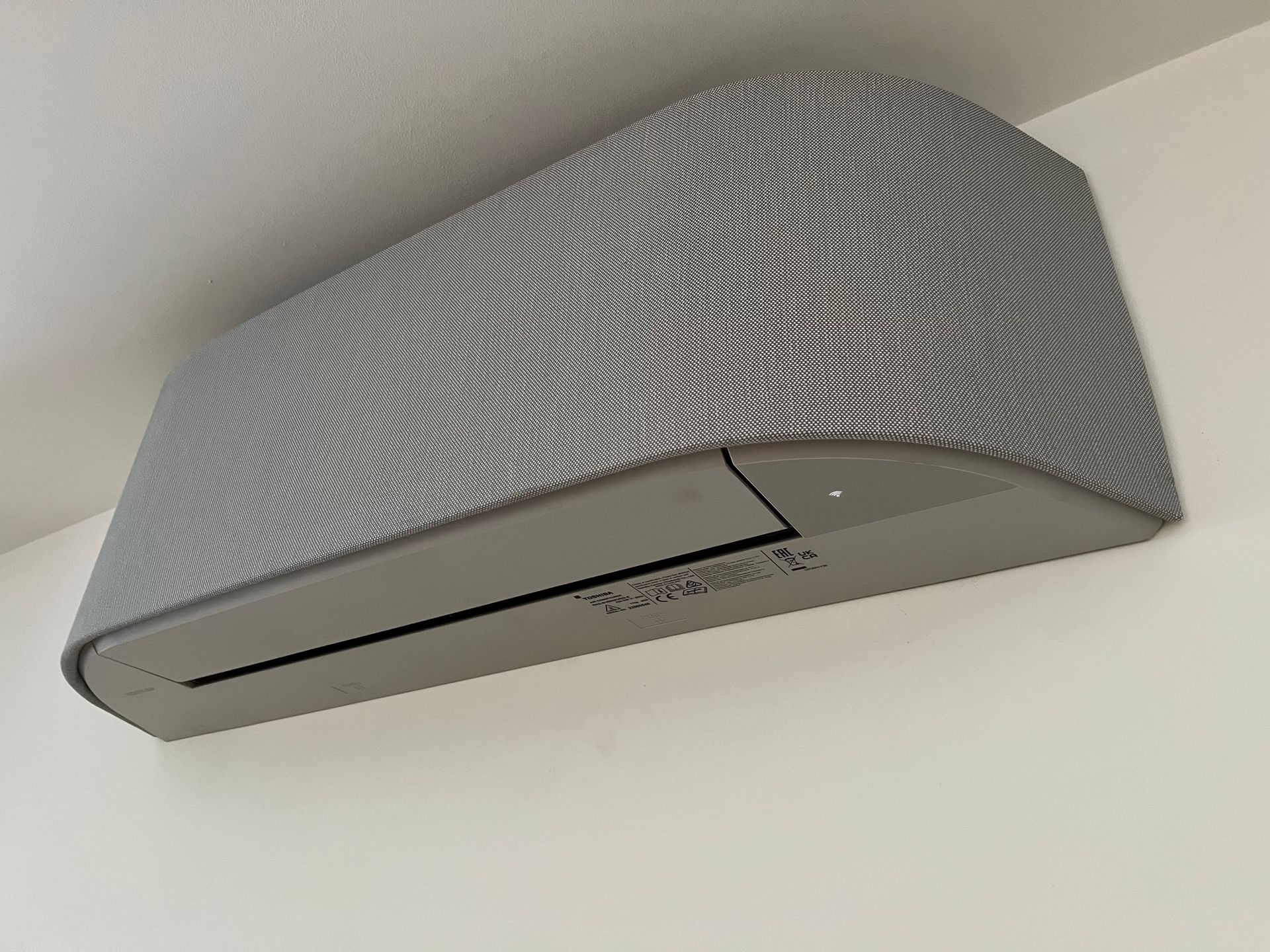Air Conditioning - a 'recent thing'?
We're often asked by prospective client; 'So, is Air Conditioning a recent thing then? I never used to see it as a kid'?
In short; no - Air Conditioning is not a recent thing. The Refrigeration Circuit, on which Air Conditioning is based, is actually well over 100 years old!
Here's a look at how it all started and how A/C has evolved over the years.
Early Innovations: In the early 1900s, air conditioning began as a solution to control humidity in industrial settings. The first modern air conditioner was invented by Willis Carrier in 1902. His system was designed to control the humidity levels in a printing plant, improving the quality of the printed material. This marked the birth of the air conditioning industry.
1920s - Expanding Comfort: By the 1920s, air conditioning made its way into public spaces like theaters and department stores. The technology was expensive and primarily available to the wealthy and commercial entities. However, its impact on comfort and productivity was undeniable, paving the way for broader adoption.
Mid-20th Century - Home Comfort: The post-World War II economic boom saw the expansion of air conditioning into residential homes. The invention of window units made air conditioning more accessible to the average household. This period also witnessed significant advancements in refrigeration technology, which improved the efficiency and effectiveness of air conditioning systems.
1970s - Energy Crisis and Efficiency: The energy crisis of the 1970s spurred the development of more energy-efficient air conditioning systems. Manufacturers began focusing on reducing energy consumption and enhancing the performance of air conditioning units. This led to the creation of standards and regulations for energy efficiency.
Modern Era - Smart and Sustainable: Today, air conditioning systems are smarter and more sustainable than ever. Integration with smart home technology allows for precise climate control, while eco-friendly refrigerants and advanced compressor designs reduce the environmental impact. Innovations like inverter technology and energy-efficient models have made air conditioning systems more accessible, affordable, and environmentally responsible.
Future Trends: Looking ahead, the focus on sustainability continues to drive innovation in the air conditioning industry. Advances in renewable energy integration and further improvements in efficiency are set to shape the future of climate control.
From its industrial roots to modern-day smart systems, the history of air conditioning is a story of continuous innovation and adaptation. This essential technology not only enhances comfort but also significantly impacts our quality of life and productivity.
We hope you enjoyed this brief journey through the history of air conditioning!







